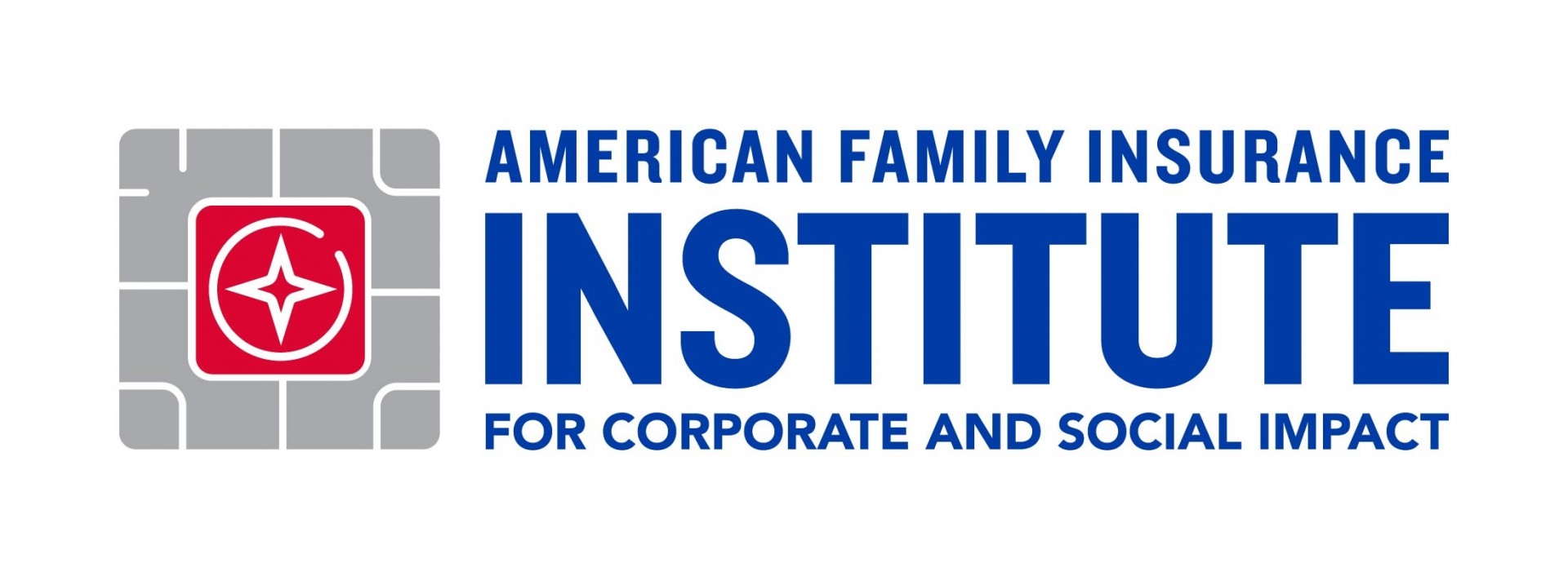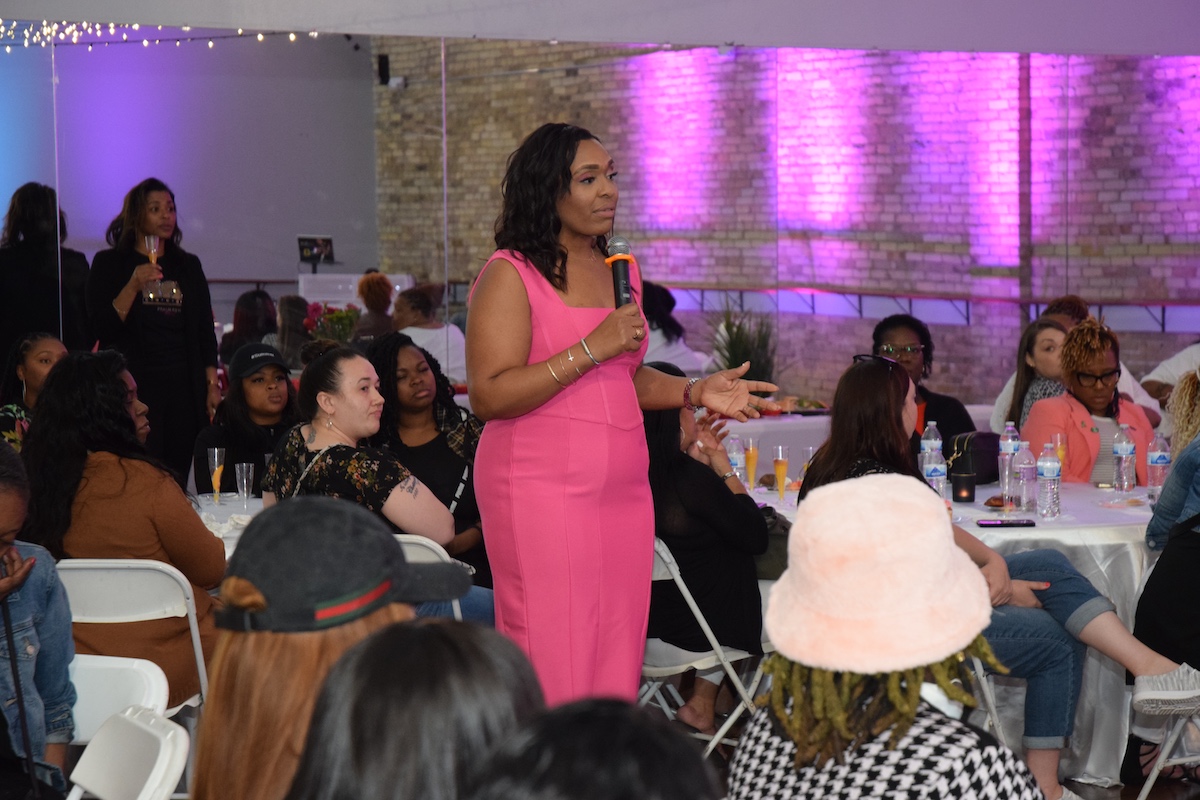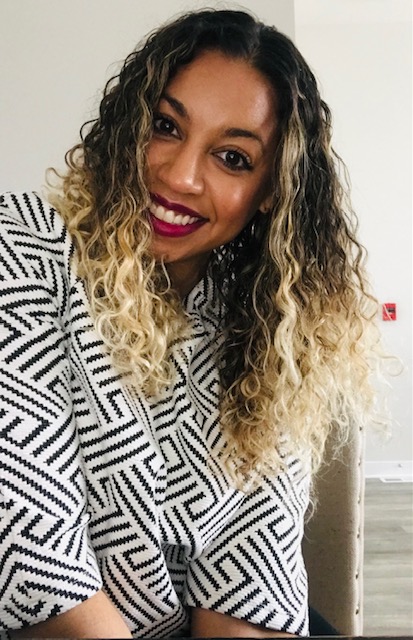
This article appears as part of This Week in Milwaukee Rising, a weekly newsletter from Technical.ly highlighting the innovators bringing a more just, equitable and dynamic Milwaukee economy. Subscribe here. The series is underwritten by American Family Insurance Institute for Corporate and Social Impact.
Tarsha Wiggins remembers the day her life changed as if it were yesterday.
The University of Wisconsin – Madison rehab psychology student was wrapping up an afternoon at her internship in 2006 when a man assaulted her, unprompted, and attempted to thrust her body into oncoming traffic.
To make matters worse, no one came to her aid. Later, when Wiggins heard the man suffered from schizophrenia and had been off his medications, she felt a pang of empathy and realized she wanted to make an impact. That opened the door to a new career path, where she eventually earned a master’s degree in social work with an emphasis on mental health.
“Ultimately, I had a horrific experience that really opened my eyes,” Wiggins told Techncial.ly. “That was the first time in my life that I didn’t feel safe, I didn’t feel heard. But everything happens for a reason.”
Wiggins returned to Milwaukee where she worked as a mental health professional in a variety of roles including in juvenile detention, veterans affairs, and at some of the city’s biggest mental health organizations. But during the pandemic, she found herself facing her own mental health challenges. Overwhelmed with the stress of raising three children, virtual schooling, and the responsibilities of a full-time corporate leadership job, she said she collapsed under the pressure.
“I was sitting on my front porch on the verge of tears thinking, ‘I can’t do this,’” Wiggins said. “There was this constant state of worry.” She remembers thinking: If I feel like this with my professional background and education, how are others who look like me feeling?
It was a lightbulb moment.
The importance of culturally relevant mental health care
Black adults with mental illness are also significantly less likely to receive mental health treatment than their white counterparts; just roughly 31%. According to the American Psychiatric Association, Black adults are also less likely to be included in clinical research, receive guideline-consistent care, and are more likely to visit emergency rooms and primary doctors to access treatment.
In her professional life, Wiggins has observed the lack of access and support resources — and the depths of community mistrust of public institutions. She points to families who are fearful of “calling in” their relatives for mental health crises due to publicized mistreatment of individuals living with serious mental illness, including the 2014 police-involved fatal shooting of Dontre Hamilton, the 31-year-old who suffered from schizophrenia and paranoia in the years leading up to his death.
Other seismic barriers — such as lack of comprehensive health insurance, provider bias, and gaping socioeconomic disparities — continue to persist. And there’s this: Many people simply aren’t in the loop on what mental health resources are already available.
Yet one of the biggest hurdles to get over, Wiggins said, may well be the BIPOC community’s pervasive history of generational trauma and the resulting feelings of guilt, stigma and shame. Still, Wiggins saw an opportunity to help change the BIPOC community’s perspective on sweeping mental health challenges under the rug.
“Mental illness is closer than you think,” Wiggins said. “Sometimes we think, ‘It’s that person.’ In reality, it might be that person at work, your best friend, your auntie, or your uncle. Or it’s yourself. I thought, ‘I’m just going to get out here — I’m going to talk to people about uncomfortable things in a comfortable way.’”
Bringing ‘trap therapy’ to the public
Wiggins initially started with a series on YouTube. In the meantime, she began to practice her own rounds of self-care. While jogging and listening to “club bangers” by artists like City Girls and 2 Chainz, she had an epiphany — to combine the passion, energy, and “good vibes” of hip-hop with culturally relevant mental health care.
She called it “Trap Therapy.”
In 2021, Wiggins officially founded Speak Wellness Behavioral Health Consulting to break the stigmas around mental health in the BIPOC community she had witnessed during her years of providing direct care. The company provides behavioral health trainings, behavioral health consultations and public speaking.
Within two months of launching Speak Wellness, nearly 40 people had gathered into the lower level at Skybox Sports Bar on Martin Luther King Jr. Drive to take part in Wiggins’ first Trap Therapy session. The free, community event featured food, live music, and breakthrough mental health workshops to drive the importance of mental health care home — no matter where someone might be along their mental health journey.
That’s why everything is presented in a culturally relevant format, including slating time to openly discuss tough topics in a session with talk back; Wiggins wants all of her participants to “understand the assignment.”

Ladies Trap Therapy. (Photo by Courtney Barlow)
“Depression, anxiety, suicide — there’s no topic off-limits,” Wiggins explained. “Psychoeducation is the platform I thrive in; we want to use evidence-based practices. But this isn’t one-on-one therapy. You can engage in a conversation about healing and take those next steps. ‘How can I connect to a therapist?’ We are bringing awareness. My goal is to destigmatize mental health; I want to abolish that.”
Today, Wiggins has expanded her Trap Therapy sessions, serving hundreds of locals, and extending to youth and women-led groups. She continues to host quarterly sessions that are free and open to the public. Wiggins hopes her sessions will help mental health providers earn BIPOC community members’ trust and contribute to building a community of empathy.
“It changes the conversation and it gets us the support and resources that we need,” Wiggins said. “In the poorest ZIP code, the hardest ZIP code [in Milwaukee], you have more than 100 people registered for Trap Therapy and talking about their trauma. It’s really amazing being able to be a bridge for people.”
In Wiggins’ words: Out of lemons, you can make some bomb lemonade. Life-changing lemonade, even.
Subscribe to This Week in Milwaukee Rising:
Join the conversation!
Find news, events, jobs and people who share your interests on Technical.ly's open community Slack

Delaware daily roundup: Equity Action Summit video; DE Senate debates wind energy; Hydrogen hub listening sessions

Philly daily roundup: Student-made college cost app; Central High is robotics world champ; Internet subsidy expiration looms

DC daily roundup: Appian's new AI tools; Foxtrot stores abruptly shutter; Sublime Security raises $20M


